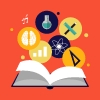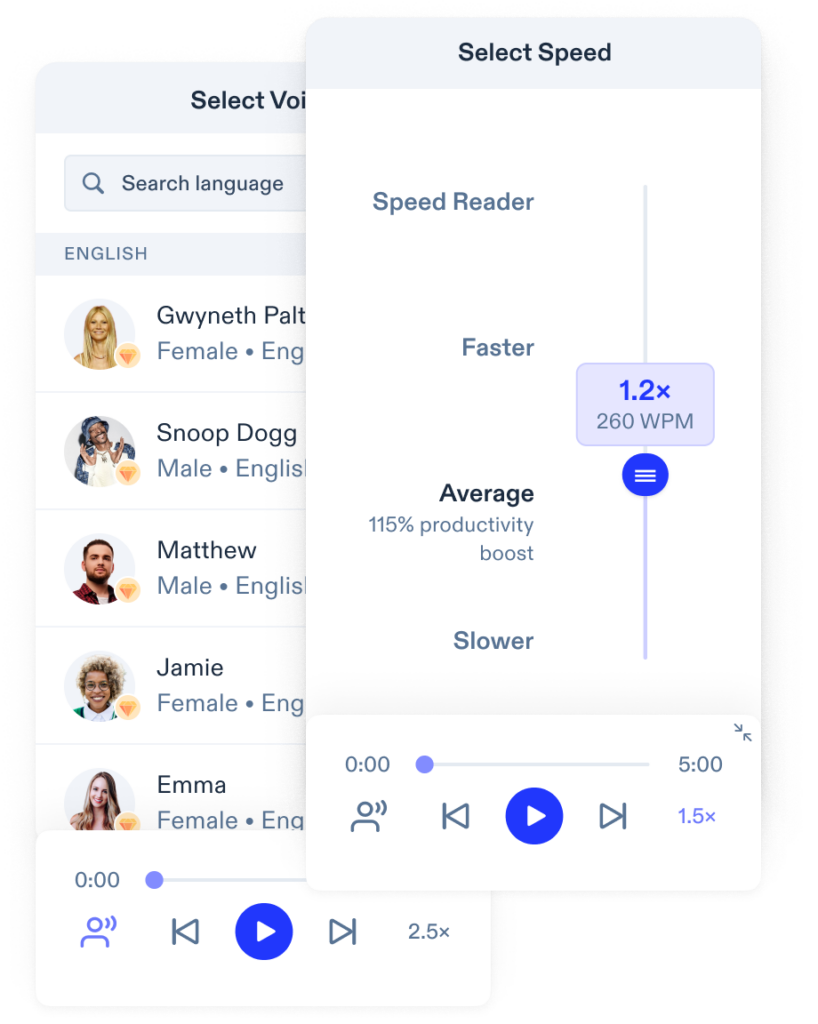
Dyslexia is a common learning disability that affects 20 percent of Americans. Read here to learn what it is, how it is treated, and how to identify it.
The definition of dyslexia is rather broad when looking at the array of symptoms it covers. At its core, dyslexia is a learning disability that is language based. It is an umbrella term for a cluster of symptoms that present in individuals who struggle with specific learning difficulties and certain language skills, primarily reading. However, it often causes difficulty with writing, spelling, phonemic awareness, and other language skills.
It is often a comorbidity of other learning disabilities such as attention deficit hyperactivity disorder, or ADHD, as well as others.
Dyslexia affects a person throughout their life. It can impact them differently at different stages though. For example, a dyslexic adult will have different struggles than they did as a child and vice versa. It can affect a child’s ability to succeed academically and an adult’s ability to be productive at work or even hold a job.
Sometimes a person is so affected by their learning disorder that they qualify for special accommodations, focused support services, remediation, or special education.
What causes dyslexia?
The precise cause of dyslexia is currently not known, but researchers have discovered that there are differences in brain structure, function, and development. More research is needed in these areas though to better equip parents, educators, and doctors so they can fully support the dyslexic child or adult.
There seems to be a genetic component to dyslexia as it seems to run in families.
One fact that has been proven is that dyslexia is not caused by or associated with in any way a lack of intelligence, an attempt to work hard, or a desire to learn. Appropriate interventions in the form of teaching methods and home exercises can give students with dyslexia and other learning differences the support they need to learn and succeed academically.
How common is dyslexia?
According to the International Dyslexia Association, approximately 20% of people in the US exhibit some symptoms of dyslexia. While they may not qualify for special education, they may have fairly significant difficulty with poor spelling, reading ability, phonological awareness, language processing, word reversals, confusing words that are similar, and writing poorly.
How is dyslexia diagnosed?
Dyslexia is often identified while a child is in school. When the child struggles with reading fluency or reading difficulties or when they have trouble with written language, that is often a clue for educators that there may be a problem so they refer the student for screening or an evaluation to determine if dyslexia or another learning disability is present. Sometimes the parents may notice that their child struggles with certain language-oriented tasks and they may initiate the evaluation themselves to screen for developmental dyslexia.
An adult may approach their mental health professional or primary care doctor about struggles that they have with reading or writing and are referred for testing.
The dyslexia basics evaluation consists of sets of activities and questions as well as questions for parents and sometimes educators. From there, a profile is built, and the diagnosis can usually be derived from those results. Early intervention gives children their best chance at academic success, so the earlier dyslexia is identified, the better.
Types of dyslexia
There are four types of dyslexia:
- Phonological dyslexia – Also called auditory or dysphonetic dyslexia. It involves difficulty matching written letters and syllables to the sounds they make and decoding those sounds.
- Surface dyslexia – Also called visual or dyseidetic dyslexia. It involves visual processing problems that cause difficulties in recognizing whole words. May also cause problems memorizing and learning new words.
- Rapid naming deficit – Difficulty in automatically and quickly naming a number, letter, object, or color. Neural processing is slow which means they take longer to recall the names when they see them.
- Double deficit dyslexia – Difficulty in both naming speech sounds and phonological process. Most individuals who are weak readers have double deficit dyslexia.
What are the signs of dyslexia?
Dyslexia is a specific learning disability which can present in many different ways in a person’s language skills. However, some of the more common signs of dyslexia include:
- Reading problems either silently or aloud or both – unable to make sense of the words on the page and trouble with word recognition.
- Difficulty with reading skills, reading comprehension, and retention.
- Very slow, laborious writing and reading.
- Trouble with spelling. They may be able to say how a word is spelled, but unable to write it.
- They avoid reading and activities that are reading intensive.
- They often mispronounce words or names and have trouble retrieving and rhyming words.
- They transpose letters, words, or numbers in words, sentences, and sequences.
A dyslexic child may have trouble learning to speak or learning letters and their sounds. Learning a foreign language may also be very hard.
Math is another common struggle for the dyslexic person. They may have trouble memorizing number facts and doing math operations correctly.
How is dyslexia treated?
A person with dyslexia will have it for their entire life. They will not outgrow it. With the proper support, they can learn to function quite well, even when it comes to reading and writing. Early identification and intervention significantly increase a person’s chances of success because the sooner they can begin treatment, the sooner they can learn the skills they need to overcome their difficulties. Tutors, teachers, and therapists who are specifically trained in dyslexic therapies can be invaluable.
Support at home is also integral with home therapies and guidance by the parent or caregiver.
Accommodations can also help, such as text-to-speech software such as Speechify, digital recorders, extra time for testing, and verbal testing instead of written.
Dyslexia may be with a person for life, but it doesn’t have to be a life sentence. With the proper support and intervention, people with dyslexia can thrive and succeed at just about anything they want.
FAQs
What does a dyslexic person do?
A person who is dyslexic has difficulties with reading as well as other language skills such as writing, spelling, and even speaking. Children with dyslexia are typically intelligent and hardworking, but they struggle with connecting letters to their sounds, particularly when it comes to reading or writing. They may transpose words or numbers in a word, sentence, or sequence. They may also have problems with verbal processing and can’t fully understand what is being said when someone speaks to them.
What is an example of being dyslexic?
A person who is dyslexic may find that they read very slowly or feel that they have to work harder than other people to read. They may transpose letters or numbers so that “now” is read as “won” or “1648” as “1486.” Words may run together, losing the spaces between them. Reading comprehension and retention may also be a problem, but is not when the material is processed audibly by someone else reading it to them.
What does dyslexia cause?
Dyslexia can lead to self-esteem and behavioral problems if left untreated. A person with undiagnosed dyslexia may experience anxiety, lack of self-confidence, low self-esteem, aggression, behavior problems, academic struggle or failure, and withdrawal from family, friends, and teachers. They may grow up being unable to read or read effectively which includes comprehension. This can prevent them from reaching their full potential as adults.
What is the most common form of dyslexia?
Phonological dyslexia is the most common type of dyslexia. It causes a person to struggle when breaking down the sounds of language, trying to sound out or decode words, and matching sounds to symbols.
What are some things that people with dyslexia may need help with?
People with dyslexia may need help with reading and writing. Assistive technology including speech-to-text or text-to-speech software like Speechify or digital recorders may help. They may find it easier to write using a keyboard as opposed to using a pen and paper. Audio books may also be a viable option for books they have to read.














